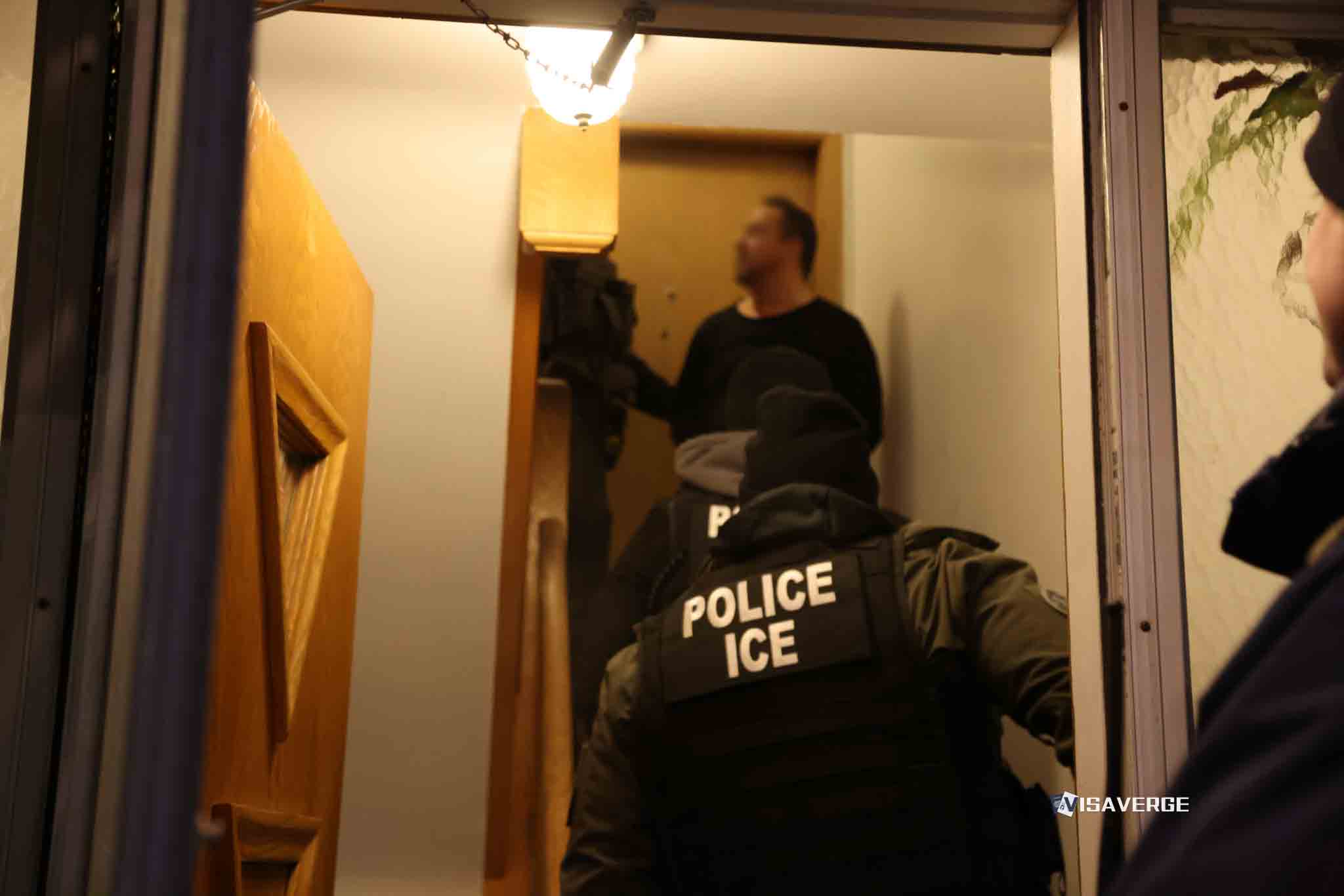Table of Contents
- After decades at ‘supermax,’ Mexican cartel capo gets transfer ...
- Garcia, Kimberly / About Me
- Juan Garcia Abrego: Leader Of The Gulf Cartel #shorts - YouTube
- After decades at ‘supermax,’ Mexican cartel capo gets transfer
- Judge Orders U.S. to Bring Kilmar Abrego Garcia Back from El Salvador
- Officials say verdict reached in Sierra LaMar case - ABC7 San Francisco
- As feds announce a Gulf Cartel boss gets life in prison, the boss of ...
- Ordenan repatriar a deportado a El Salvador por error: ¿Qué sabemos de ...
- STATEMENT: Trump's Deportation of Kilmar Armando Abrego Garcia ...
- La déportation illégale de Kilmar Abrego García qui embarrasse l ...


According to reports from AP News, Kilmar Abrego Garcia, a 30-year-old father of two, was detained by ICE in 2017 due to a clerical error. Despite having a pending asylum application and a valid work permit, Garcia was deported to El Salvador, a country he had left as a child. The mistake was only discovered after Garcia's family and lawyers intervened, highlighting the need for greater transparency and oversight in the deportation process.


A Life Turned Upside Down


The case of Kilmar Abrego Garcia also underscores the complexities of the US immigration system. With millions of pending cases and limited resources, the risk of errors and miscommunication is high. Furthermore, the lack of clear guidelines and inconsistent application of immigration laws can lead to inconsistent outcomes, even for individuals with similar circumstances. As the debate on immigration reform continues, the story of Garcia serves as a reminder of the need for a more streamlined, efficient, and compassionate system.


A Call to Action


- Enhanced transparency and accountability within ICE and other immigration agencies.
- Improved training for officials handling deportation cases to minimize errors.
- Streamlined processes for addressing and rectifying mistakes when they occur.
- A comprehensive review of immigration policies to ensure they are fair, efficient, and humane.
As the United States grapples with the complexities of immigration, the story of Kilmar Abrego Garcia reminds us of the human faces behind the statistics and policies. It is a powerful reminder of the need for empathy, understanding, and reform in our immigration system. By learning from this mistake, we can work towards a more just and equitable system that respects the rights and dignity of all individuals, regardless of their nationality or immigration status.
The case of Kilmar Abrego Garcia is a stark reminder of the potential for error and injustice within the US immigration system. As we move forward, it is essential to prioritize transparency, accountability, and compassion in our policies and practices. By doing so, we can prevent similar tragedies from occurring and ensure that the United States remains a beacon of hope and opportunity for those seeking a better life. The story of Garcia and others like him must not be forgotten; instead, it should serve as a catalyst for change and a reminder of our collective responsibility to protect the rights and dignity of all individuals.